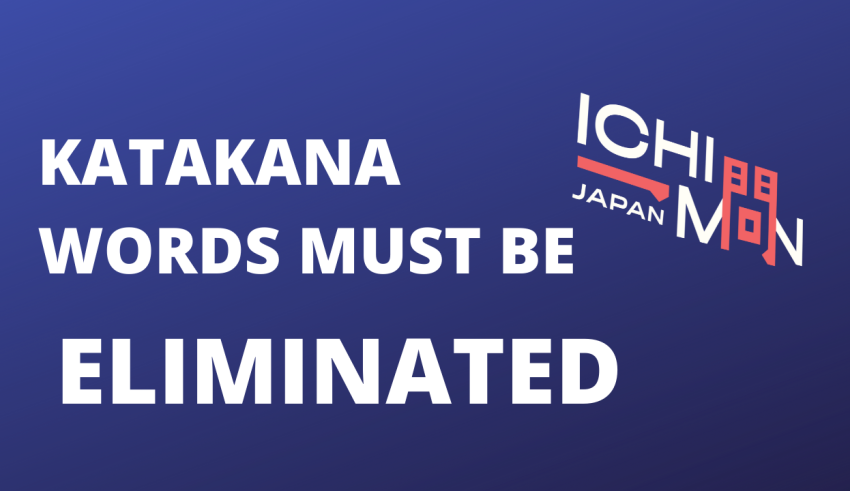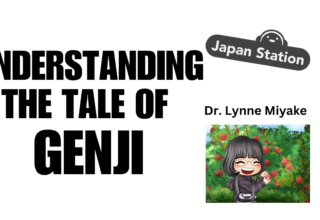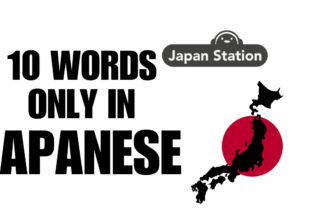
On this episode of Ichimon Japan we ask: How do you say “trombone” in Japanese? The main topics for this episode include the many uses of katakana in Japanese and how nationalists in Japan appear to have wanted people to use less katakana words during World War II.
Topics Discussed
- About how the Japanese writing system works
- The many different uses of katakana
- The fact that words of foreign origin are not always written in katakana
- How much of Japanese uses words that originated in Chinese
- How the Japanese word for coffee has kanji
- How the scholar Utagawa Yōan assigned kōhī (coffee) its kanji
- How the code from The Matrix has katakana in it
- About ateji
- How there were efforts during World War II to eliminate the use of foreign/katakana words in Japan
- About Japan’s unofficial World War II katakana word “ban”
- How baseball teams in Japan changed their names in an effort to not go against the nationalist sentiment around the time of World War II
- Some funny examples of needlessly long and complicated Japanese versions of foreign words
- The Japanese words for curry, korokke, cider, saxophone, violin, trombone
- And much more!
Listen to Ichimon Japan on
Apple Podcasts Google Podcasts Stitcher Spotify iHeartRadio PodBean Tunein RSS
Support on Patreon & Ko-fi
If you enjoy Ichimon Japan and want to ensure that we’re able to produce more episodes, then please consider becoming a patron on Patreon.com. You can join for just $1 a month and that comes with perks like early access to episodes, a shout-out at the beginning of a future episode, bonus content, and discounts to Kimito Designs. For $3 a month you get all that plus access to Japanese Plus Alpha, a podcast produced by me (Tony Vega) that focuses on the Japanese language and its many quirks. Whether you are studying Japanese or just enjoy learning about language and linguistics, you’ll enjoy Japanese Plus Alpha.
And it goes without saying that if you sign up, you’ll also get my undying gratitude. Thanks in advance!
If you would just like to do a one time contribution, then please go to our Ko-fi page.
Sources, Links, Videos, Etc.
Due to time constraints, no links for sources will be provided for this episode. All information mentioned in this episode can be found online from Japanese and English sources. If you would like a specific citation, please reach out and I can either provide you with the specific link or relevant information.
Don’t forget to check out the JapanKyo Docs YouTube channel.
Check out the latest episodes of Japan Station.
- Uncovering the World’s Oldest Shark Attack: A Chat w. J. Alyssa White | Japan Station 87
- Digging Up Japanese Lost Media: Discussing Saki Sanobashi, the Mysterious Akihabara Tape & More (Alex from Sakura Stardust) | Japan Station 88
Japanese Vocabulary List
Most episodes feature at least one or two interesting Japanese words or phrases. Here’s some of the ones that came up on this episode. All information is from Jim Breen’s WWWJDIC.
- Rappa
- ラッパ : 喇叭 【らっぱ; ラッパ】 (n) (uk) trumpet; horn; bugle
- Shiru
- 汁 : 汁(P); 液 【しる(P); つゆ(液)】 (n,n-suf) (1) juice; sap
- Funshutsu
- 噴出 【ふんしゅつ】 (n,vs,vt,vi) spewing; gushing; spouting; eruption; effusion
We Want Your Questions
Is there something about Japan that confuses you? Is there something about Japanese culture that you would like to learn more about? Is there something in Japanese history that you would like us to explain? We’re always looking for new questions about Japan to answer, so if you have one, please send it to ichimon@japankyo.com.
Special Thanks
Opening/Closing Theme: Produced by Apol (YouTube, Twitter, Facebook, Fiverr)
Ichimon Japan cover art: Produced by Erik R.
Follow Japankyo on Social Media
Full Show Notes















